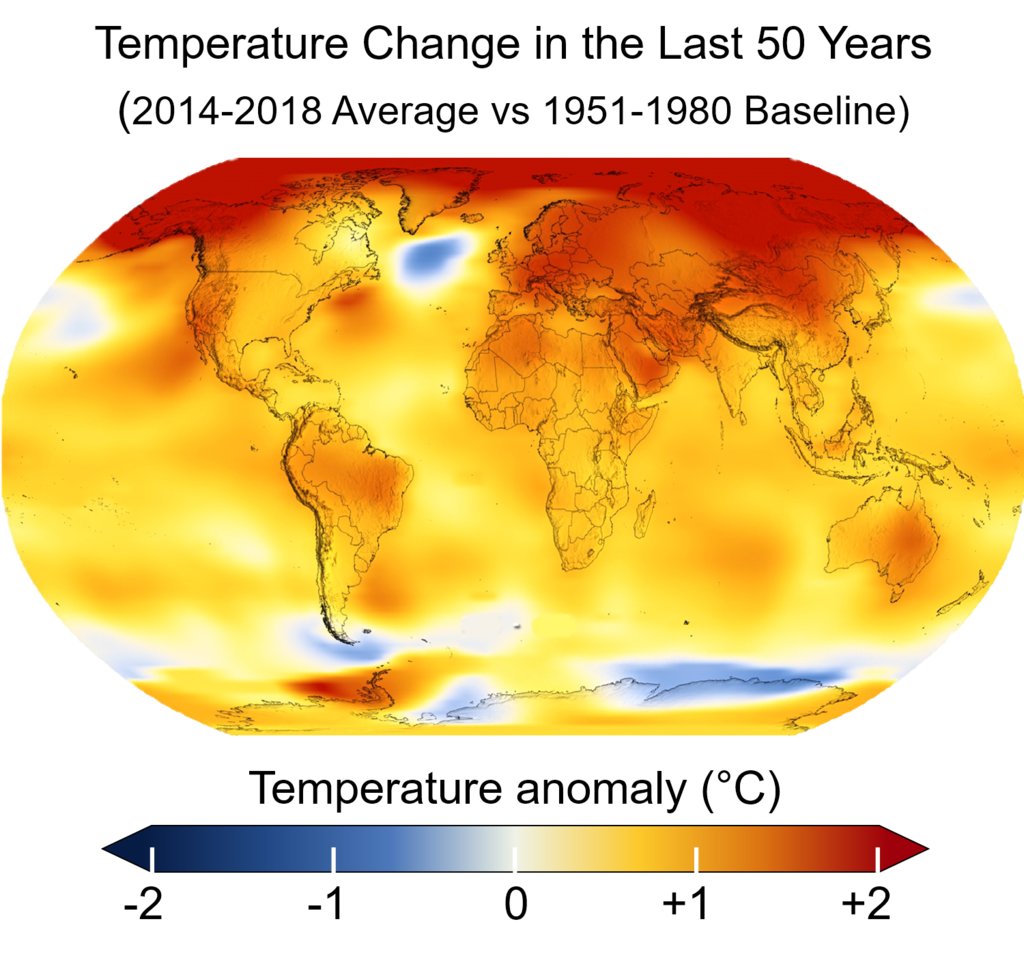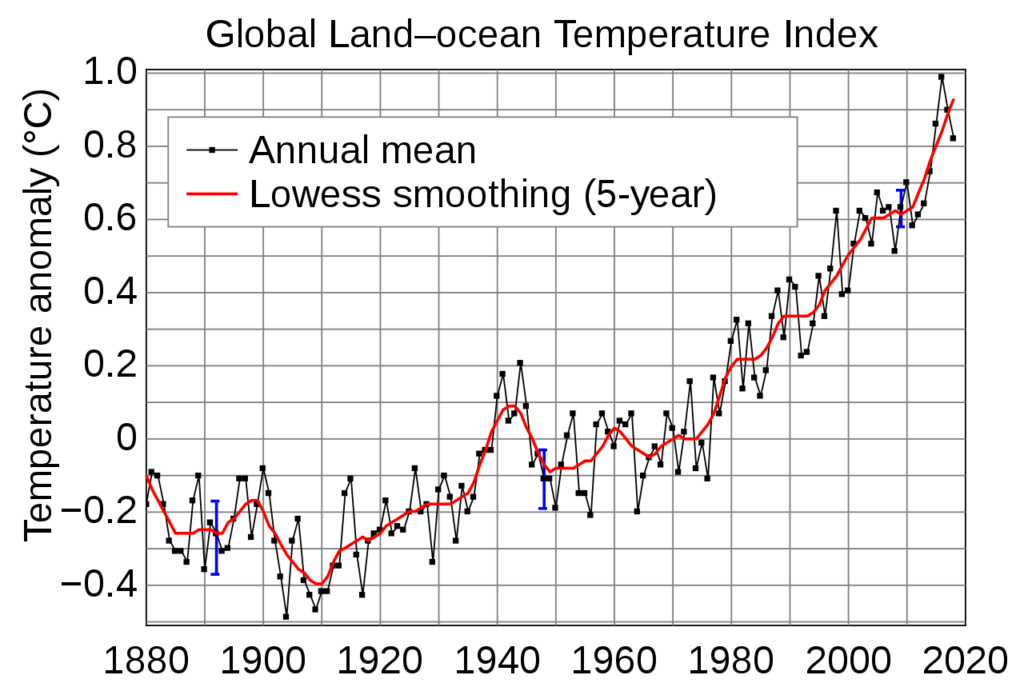The information provided on this post is theoretical for future jurists and law makers to consider and was written in Scotland by a former Scottish lawyer. It is not legal advice, this website is not a lawyer referral service and no attorney-client or confidential relationship is or should be formed by use of the site. The listings on this website do not in any way constitute a referral or endorsement by this website. Your access of/to and use of this site is subject to additional Terms and Conditions. None of the content on this website constitutes a guarantee, warranty, or prediction regarding the outcome of any legal matter.
In an era defined by environmental urgency, scientific pioneers such as Marie Curie and Nikola Tesla continue to inspire modern visionaries. Curie’s unwavering commitment to scientific exploration and Tesla’s revolutionary breakthroughs in energy have shaped our understanding of sustainability and innovation. Today, Gav Ward, a legal futurist and digital strategist, steps into this lineage with a bold proposal—a global legal framework to address the governance, ethics, and sustainability challenges posed by climate change.
Ward’s concept, known as Ward’s Law, advocates for a comprehensive and interconnected approach to law, mirroring the systemic and transformative thinking that defined Curie and Tesla’s contributions to science. Combined with the Gav Ward Code, a set of 10 principles designed to inspire intellectual and technological progress, Ward’s approach aims to bridge scientific exploration, legal reform, and ethical responsibility.
Why Ward’s Law Matters for Climate Change Legal Innovation
At the heart of Ward’s Law is the recognition that modern challenges, particularly climate change, transcend national boundaries and require global solutions. It posits that legal systems must evolve in parallel with technological advancements, much like Tesla’s focus on scalable energy solutions. Ward envisions a new global legal framework capable of addressing governance gaps, ensuring sustainability, and promoting ethical standards for environmental protection.
By fostering global interconnectedness, Ward’s Law highlights the necessity of treating climate change as a shared problem, demanding collective responsibility and cooperation. This mirrors Marie Curie’s belief in scientific collaboration and knowledge-sharing to tackle humanity’s most pressing issues.
Applying the Gav Ward Code to Climate Law
Ward’s broader philosophy, encapsulated in the Gav Ward Code, provides a roadmap for future innovation in climate law. Key principles resonate deeply with the challenges of environmental governance:
- Foster Interconnectedness – Recognise the global impact of climate change and the interconnectedness of ecosystems, economies, and societies.
- Explore Beyond Limits with Timeless Vision – Push for bold legal innovations, such as transnational climate treaties and AI-enhanced compliance systems.
- Be a Catalyst for Future Innovation – Develop unconventional strategies for sustainability, inspired by Tesla’s relentless pursuit of energy efficiency.
- Question Everything – Reassess current legal frameworks to ensure they reflect evolving scientific knowledge.
- Bridge Science and Philosophy – Integrate scientific research with ethical frameworks to guide sustainable practices.
- Think in Patterns and Systems – Map complex climate interactions to design effective policies.
- Empower Collective Intelligence – Leverage technologies and global networks to mobilise expertise and drive solutions.
- Accept Uncertainty – Adapt laws to account for unpredictability in climate patterns and technological disruptions.
- Balance Technology and Ethics – Ensure AI, renewable energy, and geoengineering solutions align with ethical guidelines.
- Expand Consciousness – Deepen our understanding of ecological impacts and explore new ways to enhance environmental resilience.
Global Law for a Sustainable Future
Ward’s vision of a global legal framework draws parallels to Curie’s rigorous pursuit of knowledge and Tesla’s engineering ingenuity. It embraces interdisciplinary thinking, combining law, technology, and philosophy to create adaptable systems that support sustainable development.
In practice, this framework could manifest as:
- International Climate Tribunals to hold nations and corporations accountable.
- Unified Carbon Standards to streamline emissions monitoring and reporting.
- AI-driven Environmental Governance to predict and prevent ecological damage.
- Sustainable Energy Treaties inspired by Tesla’s focus on renewable energy.
A Call for Modern Visionaries
As Curie and Tesla demonstrated, the pursuit of groundbreaking ideas requires courage, curiosity, and collaboration. Ward’s Law and the Gav Ward Code challenge legal professionals, scientists, and policymakers to think beyond borders, systems, and conventions.
The climate crisis demands not just scientific and technological advancements but also legal innovation that mirrors the transformative visions of history’s greatest minds. Gav Ward’s approach may well spark the emergence of a new era in climate governance—one that ensures sustainability through interconnected, ethical, and scalable legal structures.
The next Nikola Tesla or Marie Curie of climate change legal innovation could be a lawyer, a scientist—or perhaps someone who, like Gav Ward, unites both worlds to shape a more sustainable future.
P.S. Lucy and Rory of the future, check out Dad’s Time Stamp on the image. Was watching Pixar’s WALL-E when writing and publishing this one after film night of Lord of the Rings, or LAW-rd of the Rings to excuse the pun…






